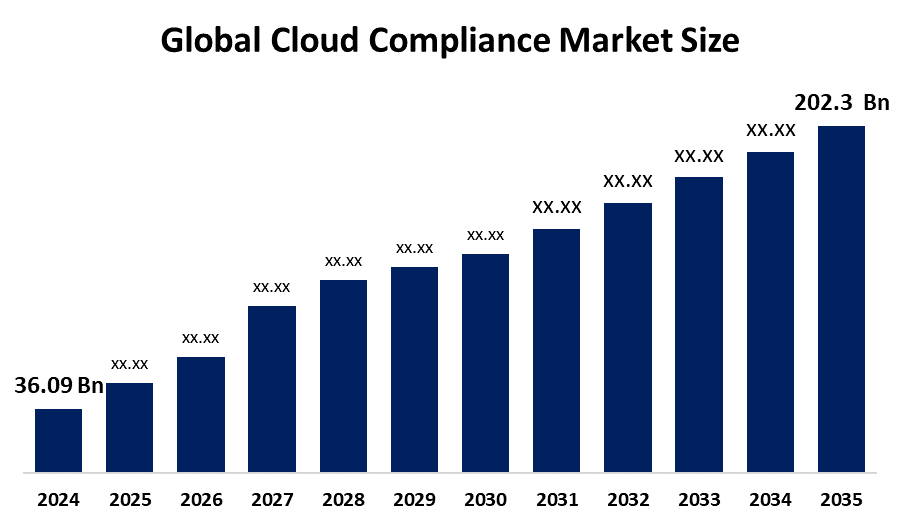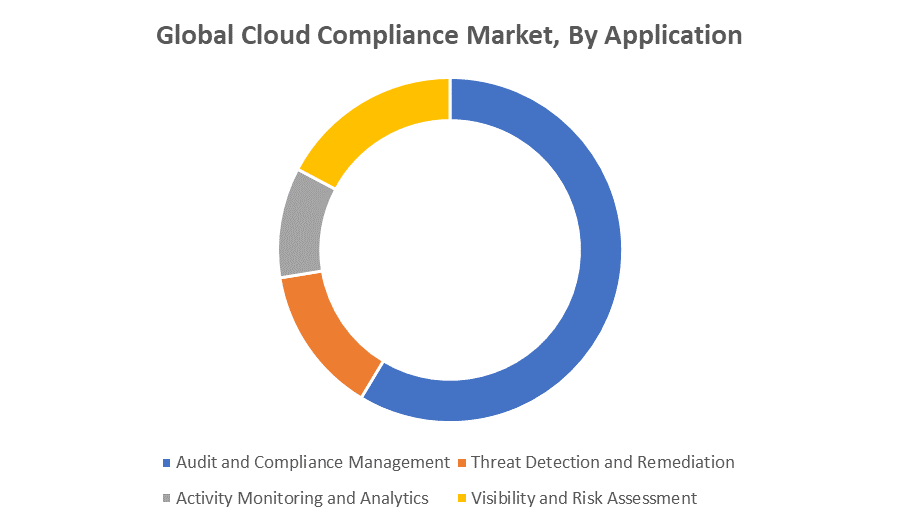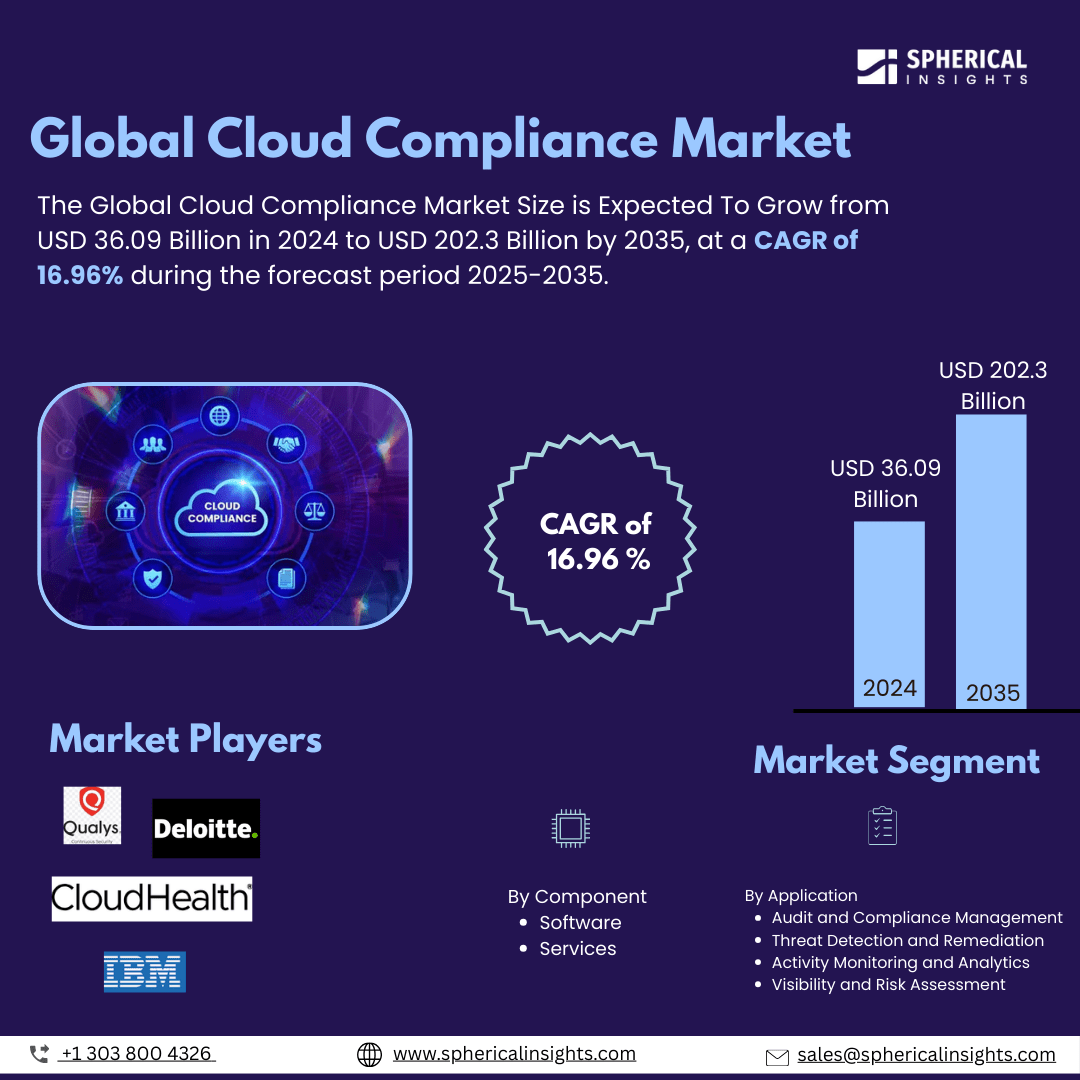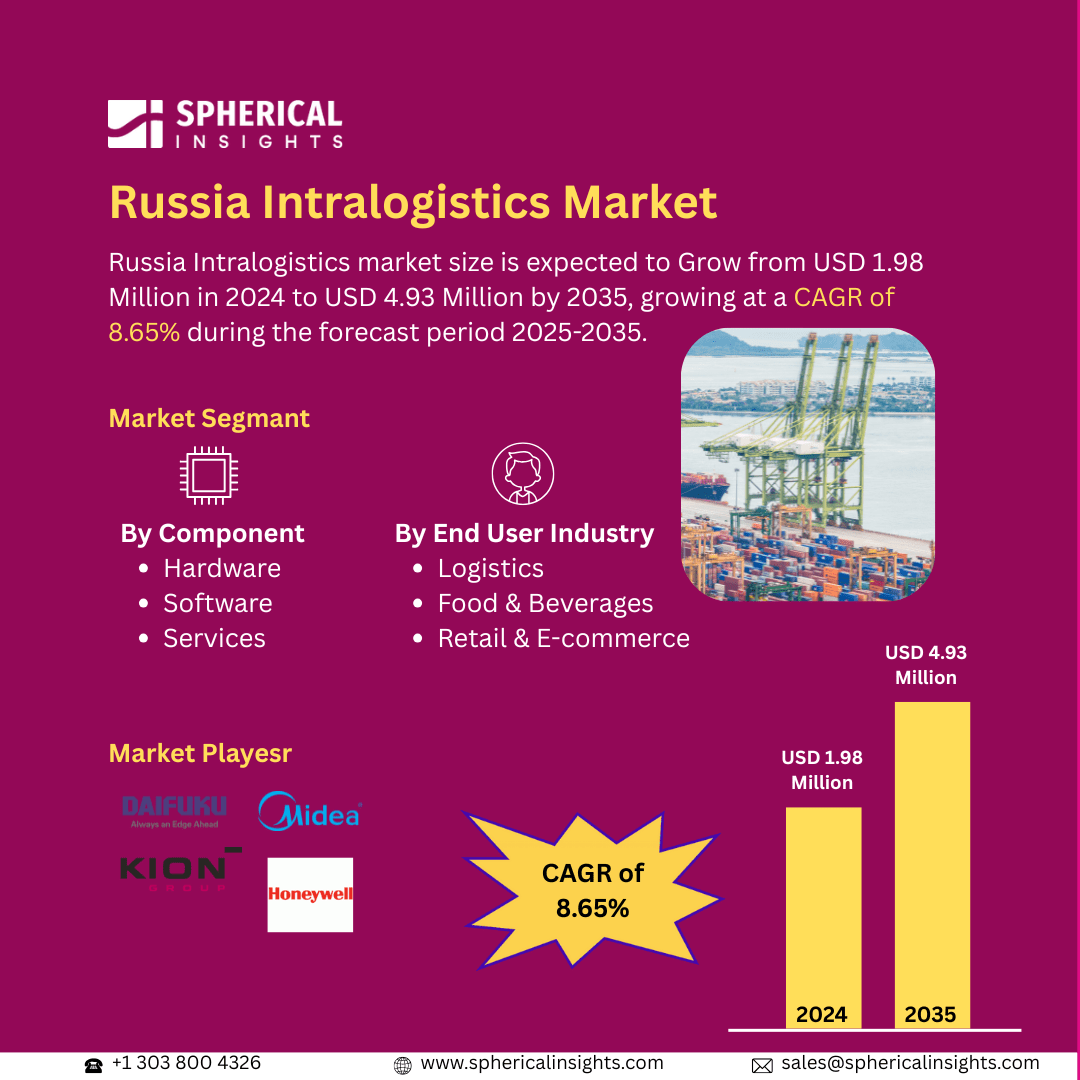Global Cloud Compliance Market Insights Forecasts to 2035
- The Global Cloud Compliance Market Size Was Estimated at USD 36.09 Billion in 2024
- The Market Size is Expected to Grow at a CAGR of around 16.96% from 2025 to 2035
- The Worldwide Cloud Compliance Market Size is Expected to Reach USD 202.3 Billion by 2035
- Asia Pacific is expected to grow the fastest during the forecast period.

Cloud Compliance Market
The Cloud Compliance Market Size encompasses technologies, services, and solutions designed to help organizations meet regulatory requirements and industry standards in cloud environments. As businesses increasingly migrate to the cloud, managing compliance with regulations like GDPR, HIPAA, SOC 2, and PCI-DSS becomes essential. This market includes tools for data protection, risk management, auditing, and monitoring, enabling companies to ensure their cloud infrastructure adheres to legal and security standards. Solutions in the market range from automated compliance management tools to consulting and managed services, all aimed at minimizing risks associated with non-compliance. With the continuous evolution of cloud environments, the cloud compliance market helps organizations maintain transparency and accountability, mitigating the risk of data breaches, fines, and legal issues. These solutions are essential for businesses of all sizes, offering the tools needed to navigate the complex landscape of cloud governance and regulatory adherence efficiently.
Attractive Opportunities in the Cloud Compliance Market
- As sectors like healthcare, finance, and e-commerce face unique regulatory requirements, there is a growing demand for tailored compliance solutions. These solutions are customized to meet the specific needs and regulatory challenges of each industry, helping businesses adhere to industry-specific data protection and privacy standards. For example, healthcare organizations require compliance tools to adhere to HIPAA (Health Insurance Portability and Accountability Act), while financial institutions must comply with SOX (Sarbanes-Oxley) and PCI-DSS (Payment Card Industry Data Security Standard). Providers that specialize in these sectors can capture a significant market share by offering customized solutions.
- The increasing adoption of cloud-native applications and the multi-cloud strategy is driving the need for more sophisticated and flexible compliance tools. Businesses today are using multiple cloud platforms simultaneously (e.g., AWS, Azure, Google Cloud), which complicates compliance management. Developing solutions that can work seamlessly across different cloud platforms, ensuring consistent regulatory adherence and risk management, presents a significant opportunity for vendors in this space. Companies that can integrate compliance management tools across multi-cloud environments will gain a competitive edge.
Global Cloud Compliance Market Dynamics
DRIVER: Increasing adoption of cloud services across industries
The growth of the cloud compliance market is primarily driven by the increasing adoption of cloud services across industries. As organizations move their operations to the cloud, ensuring regulatory compliance becomes crucial to mitigate risks such as data breaches, financial penalties, and reputational damage. The rising complexity of regulations, both local and global, has led to a greater need for automated compliance solutions to simplify governance. Additionally, growing concerns about data security and privacy, especially with the rise in cyber threats, are pushing businesses to invest in compliance tools. The emergence of industry-specific regulations, such as those in healthcare, finance, and e-commerce, also boosts demand for tailored compliance solutions. Furthermore, technological advancements like artificial intelligence and machine learning are making compliance processes more efficient and accurate. As regulatory bodies impose stricter oversight, the need for real-time compliance monitoring and reporting solutions continues to rise, further propelling market growth.
RESTRAINT: Complexity of constantly changing regulations across different regions
The cloud compliance market faces a few challenges that slow its growth. One major issue is the complexity of constantly changing regulations across different regions, making it hard for businesses to stay compliant, especially when dealing with international data. The cost of implementing and maintaining compliance solutions is another barrier, particularly for smaller companies with limited budgets. Additionally, there is a shortage of skilled professionals who can effectively manage cloud compliance, creating a talent gap. Many businesses also face difficulties integrating new compliance tools with older systems, which can be costly and time-consuming. Lastly, some companies hesitate to adopt these solutions due to concerns about long-term costs or simply a lack of understanding of how automated compliance can benefit them in the long run.
OPPORTUNITY: Growing trend of cloud-native applications and multi-cloud environments
One key opportunity lies in the increasing demand for industry-specific compliance solutions. As sectors like healthcare, finance, and e-commerce face unique regulatory requirements, tailored solutions designed to meet these specific needs are in high demand. Another opportunity arises from the growing trend of cloud-native applications and multi-cloud environments, which create a need for more sophisticated and flexible compliance tools that can work seamlessly across different platforms. Additionally, the rise of blockchain technology and decentralized data systems opens up possibilities for more transparent and secure compliance frameworks, providing a competitive edge for businesses adopting such innovations. As companies expand into emerging markets, especially in regions with evolving data protection laws, there is potential for cloud compliance providers to enter untapped markets with specialized offerings. Furthermore, partnerships between compliance providers and cloud service vendors present opportunities to enhance integrated compliance features directly within cloud platforms.
CHALLENGES: Fragmentation of cloud services
One issue is the fragmentation of cloud services, where different platforms and providers have their own compliance rules, making it hard for businesses to manage compliance across multiple environments. Another challenge is the lack of universal standards, leading to confusion and inconsistencies in how compliance is managed. Some businesses may also have a false sense of security, believing their cloud systems are fully compliant without fully understanding the requirements, which can lead to risks. Managing compliance in hybrid environments, where data is spread across both on-premises and cloud systems, can also be tricky. Finally, the rapid pace at which cloud services evolve often outpaces regulatory updates, leaving gaps in coverage and enforcement, particularly when new technologies or features are introduced.
Global Cloud Compliance Market Ecosystem Analysis
The global cloud compliance market ecosystem includes key players such as cloud service providers (AWS, Azure, Google Cloud), compliance solutions (Varonis, CloudCheckr), regulatory bodies (GDPR, HIPAA, PCI-DSS), and consulting firms (Deloitte, PwC). This ecosystem ensures cloud services meet regulatory standards like data privacy and security. Drivers include increasing cloud adoption, cybersecurity threats, and evolving regulations. Challenges include multi-cloud complexity and data sovereignty. With continuous monitoring and automation, the market is expected to grow at a significant rate, especially in North America and Europe, as businesses seek to mitigate compliance risks and avoid penalties.
Based on the component, the software segment held a significant market share over the forecast period
The software segment is expected to hold a significant market share in the global cloud compliance market over the forecast period. This is primarily due to the increasing demand for automation and real-time monitoring tools that help businesses efficiently manage compliance across multiple cloud platforms. Cloud compliance software offers various features, such as risk assessment, policy management, audit trails, and data encryption, which are essential for adhering to ever-evolving regulatory requirements like GDPR, HIPAA, and PCI-DSS. Additionally, software solutions help reduce human error, improve operational efficiency, and ensure continuous compliance, making them highly appealing to organizations aiming to mitigate risks and avoid penalties. As more enterprises adopt cloud environments and face stricter regulatory scrutiny, the need for sophisticated compliance software will continue to drive growth in this segment.
Based on the application, the audit and compliance management segment dominated the market with a revenue share and is expected to grow at a significant CAGR over the forecast period

The audit and compliance management segment growth can be attributed to the increasing need for organizations to ensure continuous monitoring, auditing, and reporting of their cloud environments to meet regulatory standards. As businesses face stricter compliance regulations, tools for auditing and compliance management become essential for tracking and documenting data access, usage, and security measures in real-time. These solutions help companies quickly identify compliance gaps, mitigate risks, and avoid potential penalties from regulators. Additionally, the rise of automation in auditing processes, along with growing adoption of cloud services across industries like healthcare, finance, and e-commerce, further drives the demand for audit and compliance management solutions. As businesses scale their cloud operations, robust audit and compliance capabilities will continue to be crucial, fueling the segment’s growth.
North America is anticipated to hold the largest market share of the cloud compliance market during the forecast period
North America is anticipated to hold the largest market share of the global cloud compliance market during the forecast period. This dominance can be attributed to several factors, including the presence of major cloud service providers like AWS, Microsoft Azure, and Google Cloud, which offer a wide range of compliance solutions tailored to meet stringent regulatory standards. Additionally, North America has a well-established regulatory environment with laws like GDPR, HIPAA, and CCPA, driving businesses to adopt robust cloud compliance solutions. The region also boasts a high concentration of industries such as healthcare, finance, and technology, all of which require continuous compliance monitoring due to the sensitivity of their data. Furthermore, the growing trend of digital transformation and the increasing shift to cloud-based services among North American enterprises will continue to propel the demand for cloud compliance solutions, reinforcing the region’s leading market position.
Asia Pacific is expected to grow at the fastest CAGR in the cloud compliance market during the forecast period
Asia Pacific is expected to grow at the fastest CAGR in the cloud compliance market during the forecast period. This rapid growth is driven by the increasing adoption of cloud services across key industries in the region, including finance, healthcare, and e-commerce, all of which are subject to stringent data protection regulations. As businesses in countries like China, India, Japan, and South Korea expand their digital and cloud infrastructures, the need for effective cloud compliance solutions becomes more critical. Furthermore, Asia Pacific is witnessing the introduction of stricter data privacy laws, such as the Personal Data Protection Bill in India and various regional regulations, which are driving demand for compliance tools. The region’s growing awareness of data security risks, coupled with the rise of cloud-native applications and multi-cloud environments, is expected to boost the adoption of cloud compliance solutions, making Asia Pacific one of the most promising markets in the coming years.
Recent Development
- In February 2023, OneTrust launched an enhanced version of its cloud-based compliance and risk management suite. The 2023 update includes deeper automation for data privacy and security, enabling businesses to better manage GDPR, CCPA, and other regulatory compliance requirements across cloud environments.
- In April 2023, Oracle’s NetSuite introduced new compliance features for its cloud-based ERP platform. These tools help businesses manage compliance with SOX (Sarbanes-Oxley) and GDPR, featuring automated audit trails and compliance reporting for easier tracking and audits.
Key Market Players
KEY PLAYERS IN THE CLOUD COMPLIANCE MARKET INCLUDE
- Amazon Web Services (AWS)
- Microsoft Azure
- Google Cloud
- Veeam Software
- OneTrust
- Qualys
- IBM
- Deloitte
- PwC (PricewaterhouseCoopers)
- CloudHealth by VMware
Market Segment
This study forecasts revenue at global, regional, and country levels from 2020 to 2035. Spherical Insights has segmented the cloud compliance market based on the below-mentioned segments:
Global Cloud Compliance Market, By Component
Global Cloud Compliance Market, By Application
- Audit and Compliance Management
- Threat Detection and Remediation
- Activity Monitoring and Analytics
- Visibility and Risk Assessment
Global Cloud Compliance Market, By Regional Analysis
- North America
- Europe
- Germany
- UK
- France
- Italy
- Spain
- Russia
- Rest of Europe
- Asia Pacific
- China
- Japan
- India
- South Korea
- Australia
- Rest of Asia Pacific
- South America
- Brazil
- Argentina
- Rest of South America
- Middle East & Africa
- UAE
- Saudi Arabia
- Qatar
- South Africa
- Rest of the Middle East & Africa





